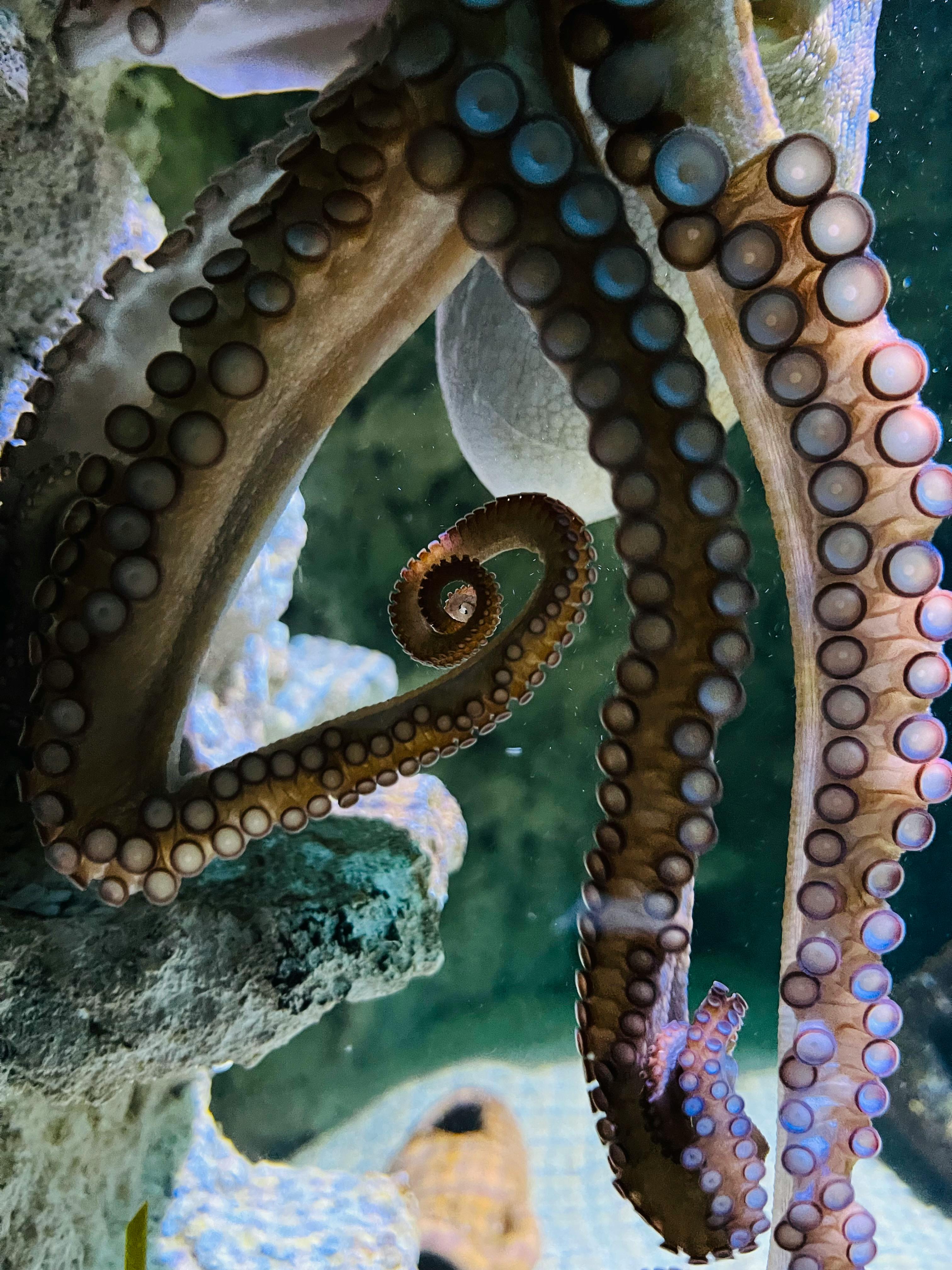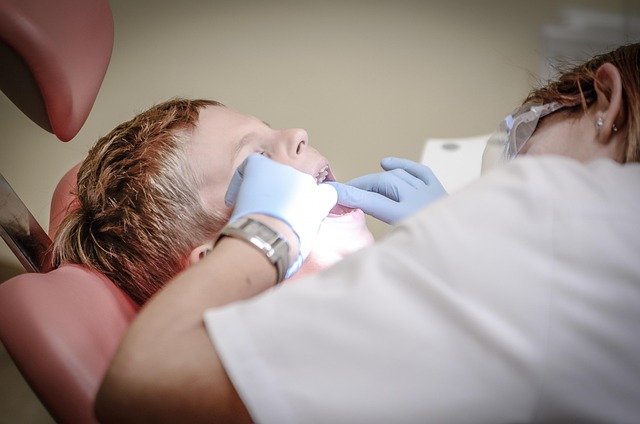Unveiling the Fascinating World of Octopets: The Rising Trend of Octopus Pet Ownership
Introduction: Dive into the captivating world of octopets, a new trend emerging in the pet industry. This article will delve into the fascinating aspects of octopus pet ownership, offering an in-depth exploration into this unconventional choice of pet.

A Historical Overview of Octopus Pet Ownership
The idea of keeping an octopus as a pet may seem unusual to many, but it’s not a completely new concept. In ancient times, octopuses were revered and considered sacred in some cultures such as the Minoan civilization. However, it wasn’t until the 20th century that octopuses began to gain popularity as pets. The trend started with marine biologists and aquarists who were fascinated by these intelligent and unique creatures.
The Current State of Octopus Pet Ownership
Today, the trend is slowly but surely gaining traction. People are increasingly fascinated by the intelligence and unique behavior of octopuses. They are especially popular among aquarists and marine enthusiasts who have the knowledge and resources to provide the necessary care for these marine creatures. However, owning an octopus as a pet is not for everyone. It requires a deep understanding of their needs and a significant commitment to their care.
The Cost and Market Impact of Octopus Pet Ownership
Owning an octopus as a pet is not a cheap endeavor. The cost of an octopus can range from $30 for a common species like the Atlantic Pygmy octopus, to over $1,000 for a larger and rarer species. This does not include the cost of setting up and maintaining a suitable aquatic environment, which can run into the thousands of dollars. Despite the high cost, the demand for octopets has had a noticeable impact on the pet industry, leading to the development of specialized equipment and care products for octopus pet owners.
Understanding the Needs and Behavior of Octopets
Octopuses are known for their intelligence, ability to solve puzzles, and their unique behavior. They have been observed to exhibit personality traits such as curiosity and playfulness. However, they also have very specific needs. Octopuses are solitary creatures that require a large amount of space and a highly specialized diet. They are also sensitive to changes in water quality and temperature.
The Ethical Considerations of Octopus Pet Ownership
While the idea of owning an octopus as a pet is intriguing, it comes with ethical considerations. Octopuses are wild animals with complex needs that can be difficult to meet in captivity. They also have a relatively short lifespan, with most species living only one to two years. Furthermore, the growing demand for octopets has led to concerns about the impact on wild populations.
In conclusion, the world of octopets is a fascinating one, but it’s not for everyone. Prospective owners should thoroughly research and consider the implications before diving into this unique aspect of pet ownership.




